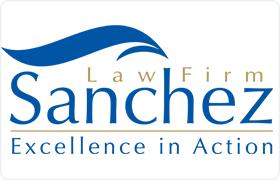La Joya Landlord-Tenant Lawyer, Texas
Sponsored Law Firm
-
 x
x

Click For More Info:
-
Sanchez Law Firm
150 W. Parker Rd. 3rd Floor Houston, TX 77076» view mapReal Estate Excellence In Action
We advocate for our clients in and out of court. When you and the system meet head on, you need an attorney who is experienced, credible, and active.
800-785-3351
Not enough matches for La Joya Landlord-Tenant lawyer.
Below are all La Joya Real Estate lawyers.
Louis Charles Brown
Business, Family Law, Wills, Commercial Real Estate, Business & Trade
Status: In Good Standing *Status is reviewed annually. For latest information visit here Licensed: 56 Years
Darrell Davis
Wills, Real Estate, Commercial Real Estate
Status: In Good Standing *Status is reviewed annually. For latest information visit here Licensed: 57 Years
Mauro L. Reyna
Criminal, Family Law, Wills, Immigration, Commercial Real Estate
Status: In Good Standing *Status is reviewed annually. For latest information visit here Licensed: 47 Years
David H. Guerra
Elder Law, Wills, Industry Specialties, Commercial Real Estate, Oil & Gas
Status: In Good Standing *Status is reviewed annually. For latest information visit here Licensed: 56 Years
Paul Douglass
Real Estate, Commercial Real Estate
Status: In Good Standing *Status is reviewed annually. For latest information visit here Licensed: 56 Years
 Benjamin Sanchez Houston, TX
Benjamin Sanchez Houston, TX Practice AreasExpertise
Practice AreasExpertise